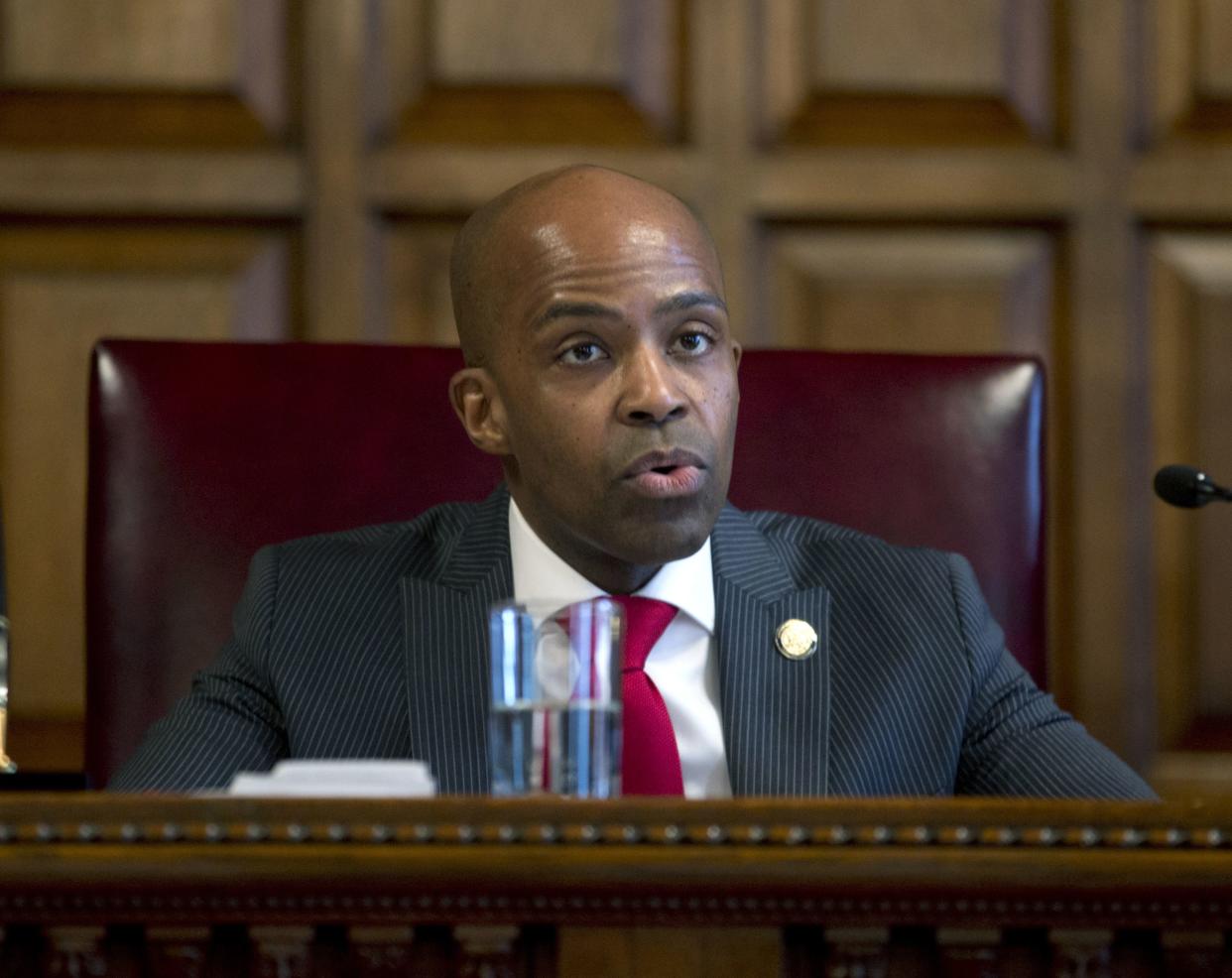SCOTUS ruling in case involving LGBTQ rights, foster care doesn’t create license to discriminate but highlights need for Equality Act: HRC president
The U.S. Supreme Court sided with a Catholic agency in a case involving foster care and LGBTQ rights, in a much anticipated decision handed down Thursday.
In the unanimous decision, the justices ruled that Philadelphia’s exclusion of Catholic Social Services, a faith-based agency, from foster care placement over its refusal to work with same-sex couples, was unconstitutional.
The decision had been closely watched by LGBTQ advocates who feared that a ruling could potentially open the doors to organizations to deny services to clients based on religious beliefs.
Former Vice President Mike Pence celebrated the decision on Twitter “as a victory for Catholic Social Services, foster care and for the religious freedom for every American;” while Utah Sen. Mike Lee, a Republican, called the ruling “a great win for children and religious freedom.”

But while the high court’s “disappointing ruling” was widely seen as a setback for LGBTQ rights, the president of the Human Rights Campaign, Alphonso David, was still able to see a silver lining in the decision — while stressing the need for Congress to pass the Equality Act, legislation that would expand federal civil rights laws to protect LGBTQ people from discrimination in employment, housing, credit, jury service, and federally funded programs.
“For the past several decades, we have had opponents of equality looking to discriminate against LGBTQ people,” David told the Daily News.
“We now have two recent Supreme Court decisions where institutions have asked for a constitutional right to discriminate: the Masterpiece Cake case [in Colorado], and now the city of Philadelphia case. And in both cases, the court denied them that right,” he said. “The court has left standing non-discrimination laws in both cases.”
In 2018, the Supreme Court ruled partly in favor of Jack Phillips, the owner of a specialty cakes shop in Lakewood, Colo., who refused to bake a cake for a same-sex wedding. But instead of giving a definite ruling on religious exemptions for businesses, they focused on how the Colorado Civil Rights Commission had treated the case with “hostility towards the sincere religious beliefs” of Phillips.
A similar decision was reached Thursday, according to David.
“The Supreme Court today ruled that the city of Philadelphia acted improperly by applying their non-discrimination law because they allowed a secular exemption but not a religious exemption,” he added, noting that the court didn’t say religious institutions cannot be required to comply with-non discrimination laws.
“Quite the opposite,” David said. “Non-discrimination laws can and will continue to apply to all — including religious institutions.”
However, the decision clearly demonstrates the urgent need for federal protections under the Equality Act.
“In the Masterpiece case we saw that that was a local municipality, and in the Philadelphia case we’re seeing it as a local municipality interpreting their own local laws. And in 29 states in this country, we don’t have comprehensive legal protections for LGBTQ people.”
Thursday’s decision doesn’t negate the fact that “every qualified family is valid and worthy,” but it should work as a reminder that there’s a lot work to be done to ensure that LGBTQ people are protected against discrimination at the federal level.
“Folks shouldn’t read this decision as creating some new standard,” David added. But the ruling “highlights the needs for the Equality Act.”
